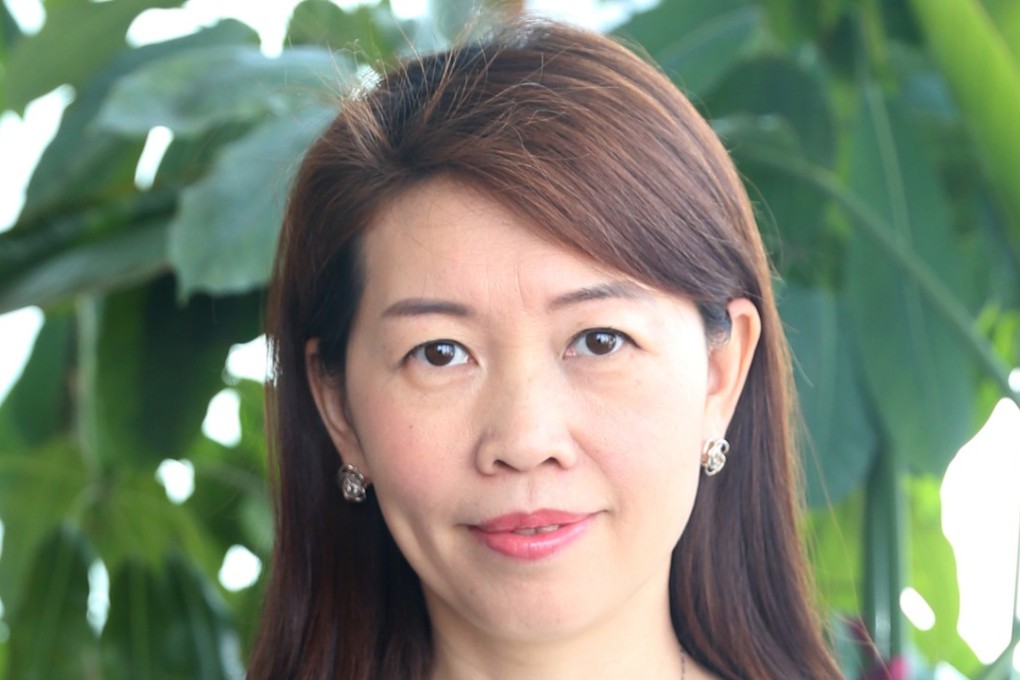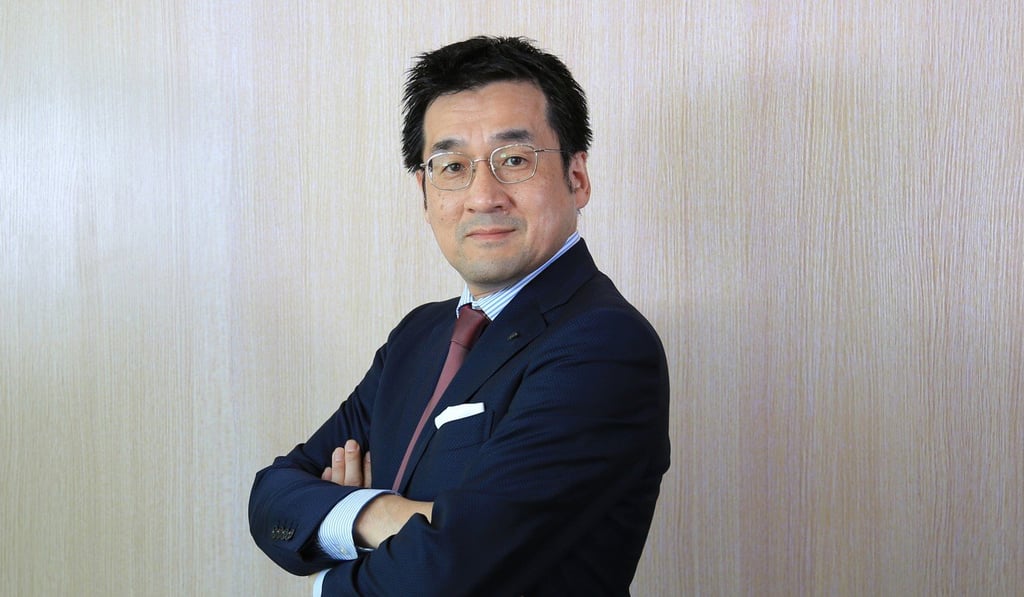Eisai gives Chinese doctors and patients upper hand against cancer, serious illnesses
Japan’s global frontrunner in neurology, oncology and gastrointestinal areas is building academic and institutional links, and compiling clinical evidence to support the treatment of Alzheimer’s disease in China

[Country Business Reports interviews and articles by Discovery Reports www.discoveryreports.com]
Global pharmaceutical company Eisai remains true to its passion for satisfying unmet patient needs, based on the corporate philosophy “human health care (hhc)”. A global frontrunner in neurology, oncology and gastrointestinal areas, Eisai is focusing more on China, giving Chinese doctors and patients an upper hand against cancer, Alzheimer’s disease and other serious illnesses.
“China needs to catch up with the global scene in terms of drug innovation in the fields of oncology and neurology,” says Norio Kaneko, chairman of Eisai China. “We have a good relationship with the academia worldwide, and our first priority is to connect our China knowledge base with that of Eisai’s global operations.”

In the neurology area, Eisai is behind the highly successful treatment discovered and developed in-house by the company for Alzheimer’s disease or dementia with Lewy bodies.
Donepezil hydrochloride, which is marketed under the product name Aricept, inhibits the activity of cetylcholinesterase. This is the enzyme that breaks down the neurotransmitter acetylcholine. Aricept was first launched by Eisai in 1997 in the United States, and has been approved in more than 100 countries worldwide.
In the field of oncology, Eisai has discovered and developed in its laboratories the novel anticancer agent Halaven. The drug has been approved for use in the treatment of breast cancer in more than 60 markets, and additionally approved in 2016 for use in the treatment of soft tissue sarcoma in Japan, the US and Europe.
